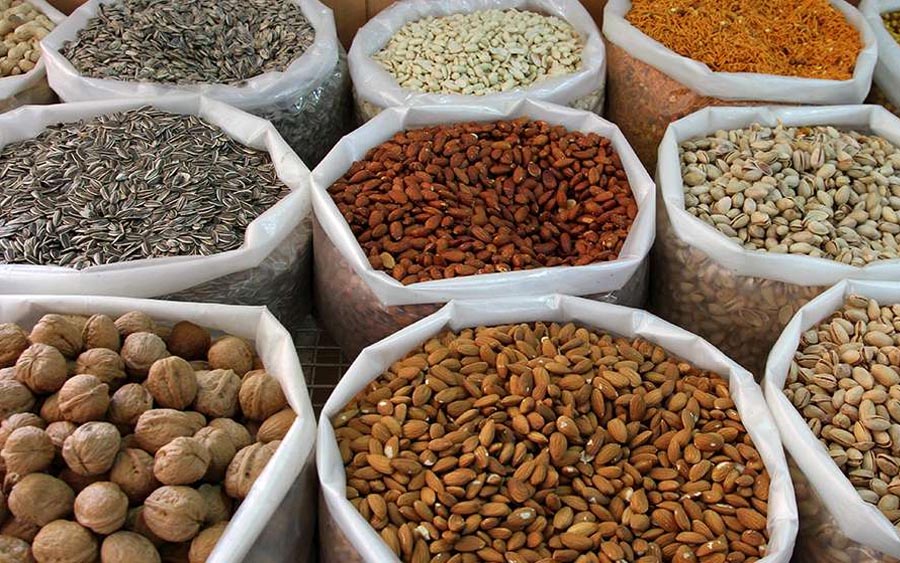Nigeria Aviation Handling Company, Nahco aviance, has reemphasized its commitment to the growth and development of agricultural export in the nation, as it invested $2 million on facilities to boost the volume of export of products.
These were disclosed by the Group Managing Director and Chief Executive Officer, Nahco aviance, Mrs. Tokunbo Fagbemi.
The development became important following the Federal Government border closure policy, as that birth the need for Nigeria to produce enough for her consumption as well as export Food Farm products to boost the nation’s economy.
At the African Agric Summit in Lagos, Fagbemi outlined the factors that are the bane to the growth of the agricultural sector and explained that the company’s aim is to eradicate a situation where Nigerian exported goods are returned to the country over the inability to meet international standard.

Assuring stakeholders of a brighter and better 2020, the Nahco aviance boss revealed that the aviation handling firm is ready to meet alongside all other agency and stakeholders in the agricultural value chain and work towards reducing the wastage of Agricultural products, especially as a result of lack of equipment to preserve them.
She said, “Nahco aviance has increased its volume of export of agricultural products by about 68% having spent about $2 million to expand its facilities whilst improving on security for exported products.
“In a few months, we are building a state-of-the-art cold storage hub for both existing and potential clients, including our new Clients that want to transship their goods through Nigeria with a bit of packaging.
“Our findings from the airlines revealed that a lot of Agricultural products exported are destroyed by the time they get to their destinations, which is largely caused by inadequate storage facilities.
“We just got an approval to develop a facility in our packaging warehouse, which will tackle that challenge because it will help exporters to package their products at a particular temperature rate to reduce the incidence of rejection in the International markets.”
She, therefore, call on Farmers and other stakeholders to ensure that the farm produce meets international standards rights from their various Farms so as to decrease the likelihood of the food items getting spoilt or rejected by importing countries.



















